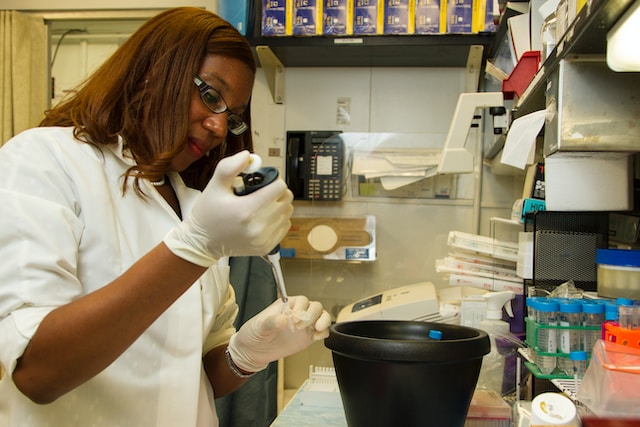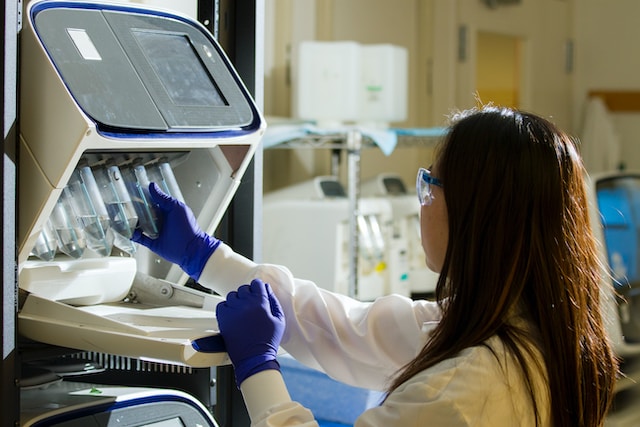The field of genetic editing has ushered in a new era where we have the power to modify the very blueprint of life—our DNA. While the potential benefits are immense, the ethical dilemmas surrounding genetic editing, particularly in the context of creating “designer babies,” have ignited a heated debate. In this article, we delve into the world of genetic editing and the ethical controversies it raises.
Genetic Editing Tools
CRISPR-Cas9, a revolutionary genetic editing tool, allows scientists to precisely alter genes in living organisms. While originally developed for medical treatments, its applications have extended to the modification of human embryos.
Designer Babies:
The concept of designer babies involves selecting specific genes to enhance or modify traits in unborn children. These traits could include physical attributes like height and eye color, as well as cognitive abilities and resistance to certain diseases.
The Promise of Genetic Editing:
Proponents argue that genetic editing could eliminate hereditary diseases, prevent genetic disorders, and improve overall human health. It holds the potential to save lives and reduce the suffering of those born with debilitating conditions.

Ethical Dilemmas:
The ethical dilemmas surrounding genetic editing are complex. They include concerns about playing “God,” exacerbating social inequalities, and the potential for unintended consequences, such as unintended mutations or unforeseen long-term health effects.
Inequality and Discrimination:
The ability to modify genes for desirable traits raises concerns about exacerbating societal inequalities. Will genetic enhancements create a divide between those who can afford them and those who cannot?
Long-term Consequences:
The long-term consequences of genetic editing are largely unknown. There are concerns about unintended genetic mutations and the potential for genetic modifications to have unforeseen health repercussions for future generations.
Human Identity and Diversity:
The idea of designer babies challenges our notions of human identity and diversity. Will a world of genetically enhanced individuals undermine the uniqueness and diversity of the human experience?

Regulation and Oversight:
The development of genetic editing technologies calls for rigorous regulation and oversight to ensure responsible and ethical use. Striking the right balance between scientific advancement and ethical considerations is a daunting task.
Public Opinion and Debate
The debate over genetic editing is not limited to scientists and policymakers; it is a matter of public concern. Engaging in open, inclusive, and informed discussions is crucial in shaping the future of genetic editing.
Conclusion – Navigating the Genetic Editing Frontier:
Genetic editing presents humanity with incredible opportunities to eliminate disease and improve the human condition. However, these opportunities come hand-in-hand with profound ethical, social, and philosophical questions. As we stand at the threshold of this controversial frontier, it is essential that we proceed thoughtfully, engaging in thorough ethical and societal deliberations to ensure that the power to modify our genetic code is wielded with wisdom, responsibility, and respect for the fundamental values that define the essence of humanity.

